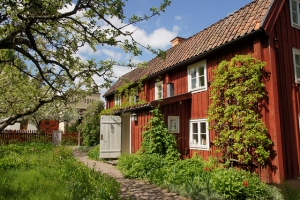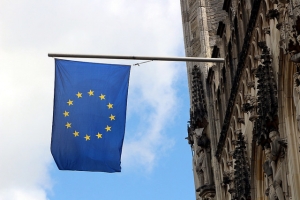Support migrant centric journalism today and donate

 • Media Center » Video Immigration News
• Media Center » Video Immigration News
According to Statistics Sweden, immigration to the northern European Union country hit "a record level" last year, a trend that continues in 2007. Popular sources of migrants include returning Swedish citizens, Iraqis, and new European Union member states that joined in 2004 and 2007.
By the end of September 2007, immigration numbers for Sweden reached 73,953, approximately matching the amount of immigration by September of last year.
While returning Swedish citizens still comprise the largest group of immigrants so far in 2007 (at 12,821), there has been a sharp increase in Iraqi citizens moving to Sweden, at 9,203.
The number of Iraqi citizens immigrating to Sweden by September of 2007 has risen by 30 percent over the same time period in 2006, with the conflict in Iraq considered the main cause for the increase.
Sweden has also been popular with the newer European Union member states such as Romania, Bulgaria, and Poland. EU rules allow for easier immigration for the new members due to the 27-member bloc's rules for free movement of citizens.
Both Romania and Bulgaria joined the EU on 01 January 2007. 1,957 Romanians immigrated to Sweden since joining the EU, compared to 270 for the same period in 2006, while 927 Bulgarians immigrated to Sweden since joining the EU, compared to 96 for the same period in 2006.
Immigration from Poland has also been on the rise, with 5,777 Poles moving to Sweden so far in 2007, a 22 percent increase over the same time period in 2006.
People are also emigrating: 34,365 Swedish residents left the country during the first nine months of 2007, a five percent increase over the same time period last year. Most of these are Swedish-born citizens moving to another Nordic country or an English-speaking country. Most foreign-born Swedish citizens return to their home country.





















